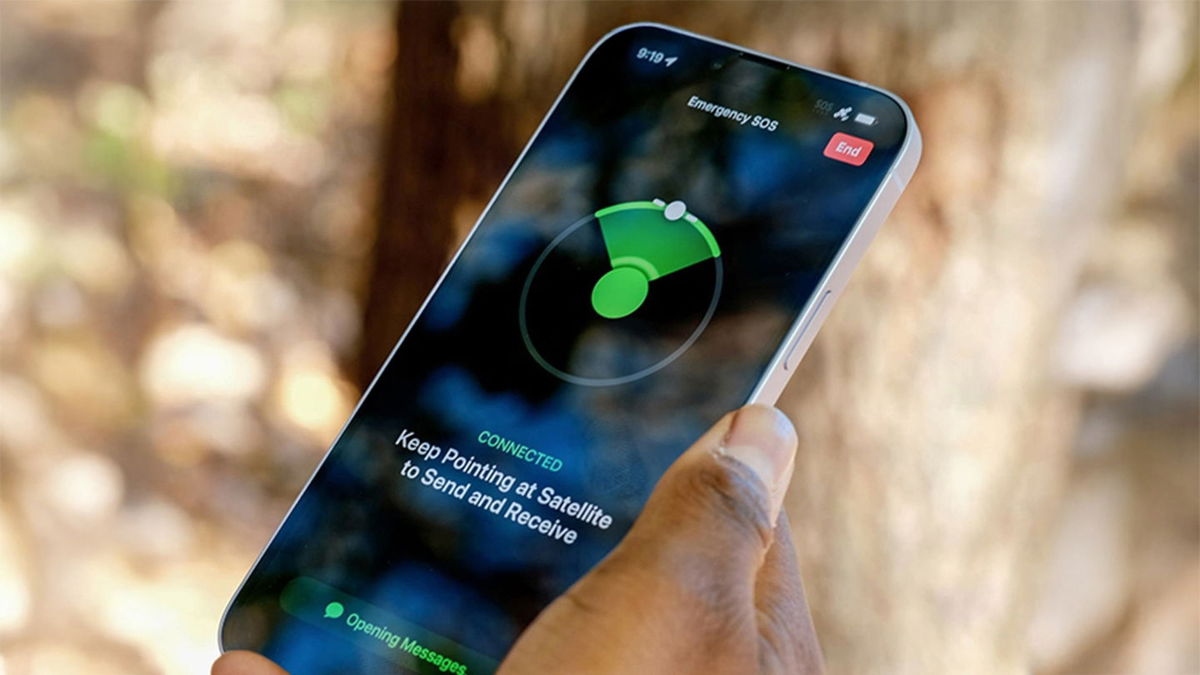It’s common to hear that there are gender disparities in the tech industry, because they clearly do. However, there is another issue that has not received enough attention: racial inequality.
According to The Guardian, in 2017, only 2 percent of Google employees were African American. And in the same year, they made up just 7.4 percent of “high-tech jobs” nationwide (with most of those jobs limited to Washington, D.C.). And that’s only half of the total African American representation in the American workforce, which stood at 14.4 percent in 2017.
Unfortunately, these numbers haven’t improved much. A Techonomy study found that among computer science graduates, 16 to 19 percent are African American or Hispanic. Despite this, they make up only 3 percent of the tech industry.
Within Black History Monthwe honor some of the black individuals who have made their mark in the tech industry.
Angela Benton
Angela Benton has two major accomplishments that have made her one of the most respected voices supporting diversity in tech: Black Web 2.0 and the NewMe Accelerator.
Black Web 2.0 is a website that launched in 2007 and quickly gained popularity in the Black technology community. It served as a place where these professionals could gain a voice in the technology sector.
As the site’s editor and senior staff member, Benton paved the way for discussions on key topics such as the intersection of technology and African-American culture. This may have been the first time there was a platform on which these issues were discussed so publicly.
For this reason, Benton has received numerous awards in recent years, including Fast Company’s “Most Powerful Women in Tech” and a spot on Business Insider’s list of the 25 Most Influential African Americans in Tech.
Alan Emtaj

You probably don’t know it, but Emtage’s talent and work have played an important role in the way you find and consume information today. This is because he invented the search engine, so without his work, Google and other search sites likely would not exist.
While a graduate student and systems administrator at McGill University in Montreal, Canada, Emtaj created and implemented the Archie search engine, a program that automated the labor-intensive process of searching for specific pieces of software. In other words, the world’s first search engine.
Unfortunately, he was unable to patent his invention, although how could he have known that a system that simplified the localization of university software would pave the way for one of the most profitable companies in the world? In any case, his achievement went down in history.
Kimberly Bryant
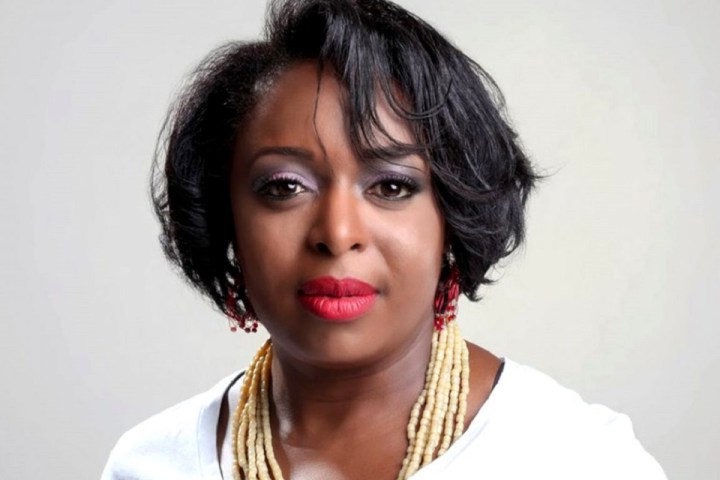
Kimberly Bryant is an electrical engineer from Tennessee who originally worked with biotech company Genentech and Pfizer, a lab you probably already know as being behind the development of one of the few widely approved COVID-19 vaccines. However, Bryant stands out for something more impressive.
Many years ago, Bryant’s daughter (a big fan of video games) attended computer camp. And what could have been a great experience turned out to be a bad memory, as the counselors paid much more attention to the boys at camp than to the (few) girls attending the camp.
It is clear that Bryant did not like this. As a result, in 2011, she founded Black Girl Code, a non-profit organization specifically aimed at empowering young Black girls and giving them the knowledge, skills and confidence to work in STEM fields that have historically been dominated by whites and men.
In just two years, the organization expanded to include seven institutions in the United States and another in Johannesburg, South Africa, adding approximately 2,000 students. Its current goal is to “enable 1 million girls to become Girl Scouts of technology by 2050.”
Clarence Ellis

Clarence Ellis’s first exposure to computer technology came at age 15, when he took a job as a computer operator on the night shift to help support his family.
At work, he was forbidden to touch any equipment, but this did not stop him from studying. In his free time, he repeatedly read the instructions for a computer that he could not touch, and later, when an emergency occurred, it was Ellis who solved the problem.
Ellis then began his career in computer science and, in 1969, became the first black person to receive a doctorate in computer science.
Other notable moments in his career include his role as director of the Collaboration Technologies Research Group and pioneering Operations Transformation, “a set of techniques that enable real-time collaborative editing of documents,” a technology that paved the way for Google’s rise. Documentation.
Felecia Hatcher
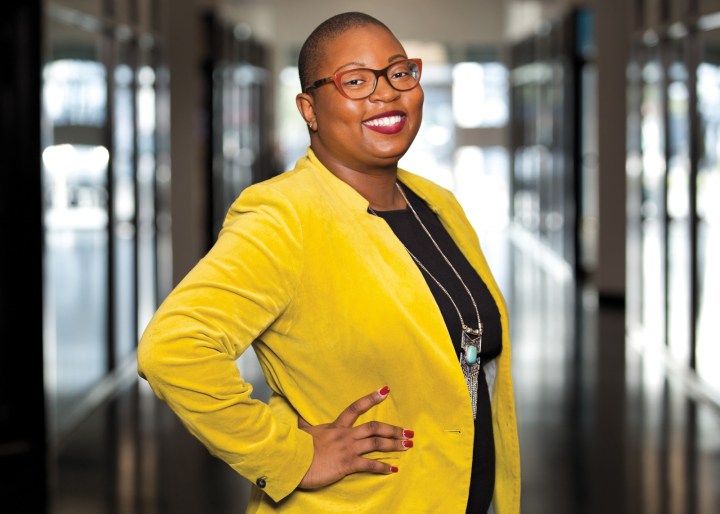
Felicia Hatcher is a business and technology influencer. He stands out for his desire to show young people that you don’t have to be an excellent student from a wealthy family to succeed.
Companies like Google, Spotify, Door Dash, Target, Samsung, and Etsy turn to Felecia to help them empower their teams and shape inclusive innovation strategies.
Felecia is the executive director of musician Pharrell Williams’ Black Ambition initiative, which aims to help Black and Latino entrepreneurs launch startups in technology, design, healthcare and consumer services.
In addition to being an author and award-winning technology entrepreneur, Hatcher has an additional focus on promoting diversity and inclusion in business and, by extension, in all communities.
Frank Green
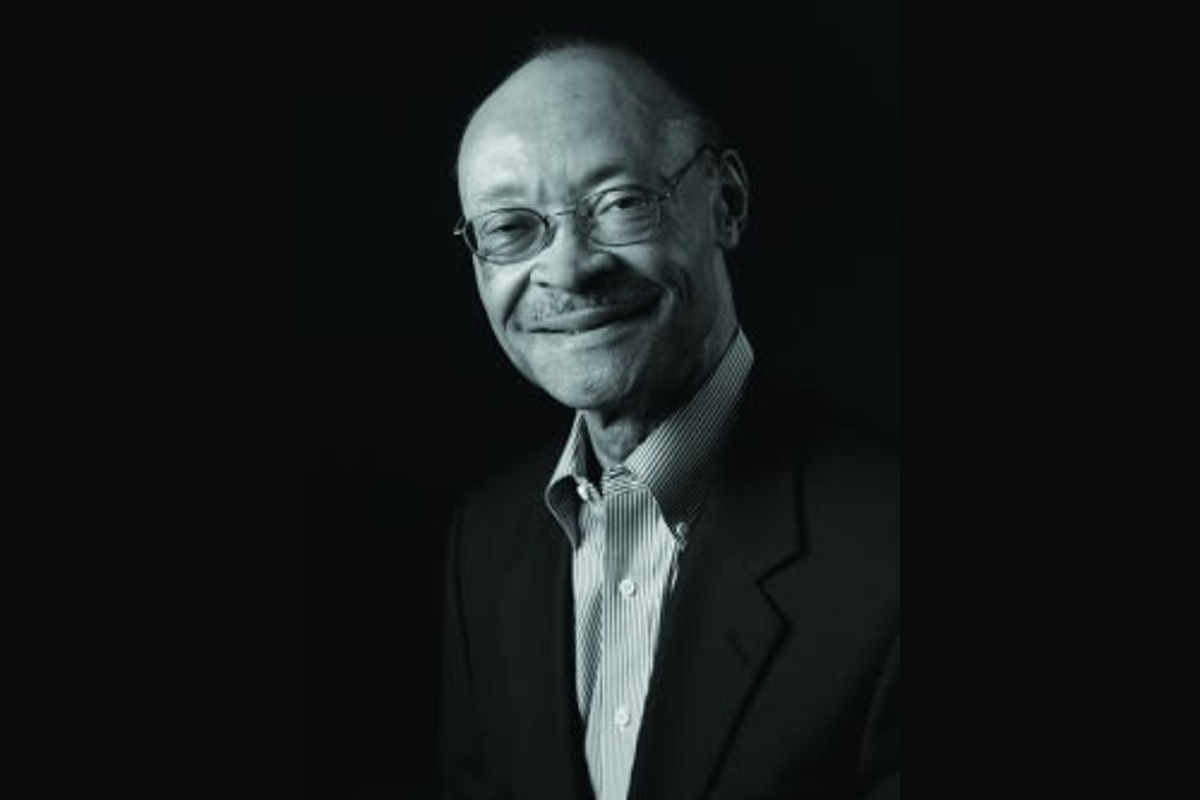
Frank Greene was an American scientist and venture capitalist born in Washington, D.C. in 1938.
Like Benton, Greene has been praised for increasing African American representation in the tech sector. He was behind two giants in the field in the US: Technology Development Corporation (famous for its work on the space shuttle program) and ZeroOne Systems, Inc., where he developed large-scale scientific computing systems.
However, none of these achievements are his most notable accomplishments. This honor belongs to the Greene Scholars scholarship program, launched in honor of his wife Phyllis, a longtime supporter of the NAACP. The program helps Black youth in the San Francisco Bay Area successfully pursue higher education in STEM fields and serve as positive role models in their communities.
Frank Green was also the founder of New Vista Capital, a venture capital firm whose goal was to help underrepresented groups and communities raise funds for startups and growing businesses.
His tireless dedication to this cause led to his induction into the Silicon Valley Engineering Hall of Fame; Greene’s name is recognized by the Palo Alto City Council as one of the most important African Americans in technology.
Marie Van Brittan Brown
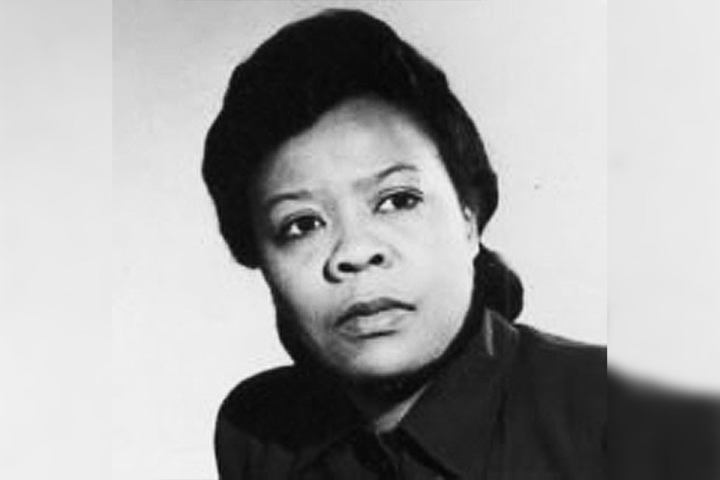
Van Brittan, along with her husband Albert Brown, invented a technology that many of us consider important today: the home security system.
As a nurse, Van Brittan worked long hours. He also lived in Queens, New York, which at the time (1960s) had incredibly high crime rates. And as if that weren’t enough, the NYPD has been notoriously slow to respond to reports of crime. Therefore, the woman decided to address this issue.
The first step to safety was to know who was on the other side of the door. So he started making eyes: three holes at three heights so his children could use them too. He then installed an adjustable camera that allowed him to see the other side of the door through peepholes. It was connected to all the televisions in the house via a radio-controlled wireless system.
She and her husband later created a microphone system that allowed them to communicate with whoever was on the other side of the door. Finally, knowing the typical response delay of emergency services, he developed a system that would alert them to an intrusion with the touch of a button.
We have this incredible innovator and her partner to thank for the home security systems we use today.
Katherine Johnson
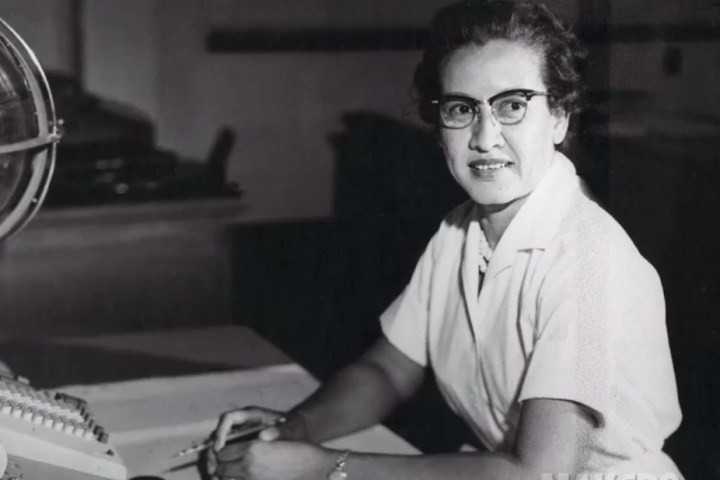
In 1962, when it was unusual to see women in the workplace, especially women of African descent, Johnson played a key role in ensuring the safety of astronaut John Glenn and NASA’s mission in orbit around the planet.
Assuming it was a subtle jab at his colleagues rather than a sexist comment about Johnson, Glenn, distrustful of the systems designed to manage his mission, asked his engineers to “bring the girl.” He stated that if she said the equations were good, it was because “they were good.” Finally, Glenn orbited the Earth safely, and the rest is history.
Apart from his brilliant mind, Johnson’s contribution was significant in view of the period in which he made his mark.
Source: Digital Trends
I am Garth Carter and I work at Gadget Onus. I have specialized in writing for the Hot News section, focusing on topics that are trending and highly relevant to readers. My passion is to present news stories accurately, in an engaging manner that captures the attention of my audience.





